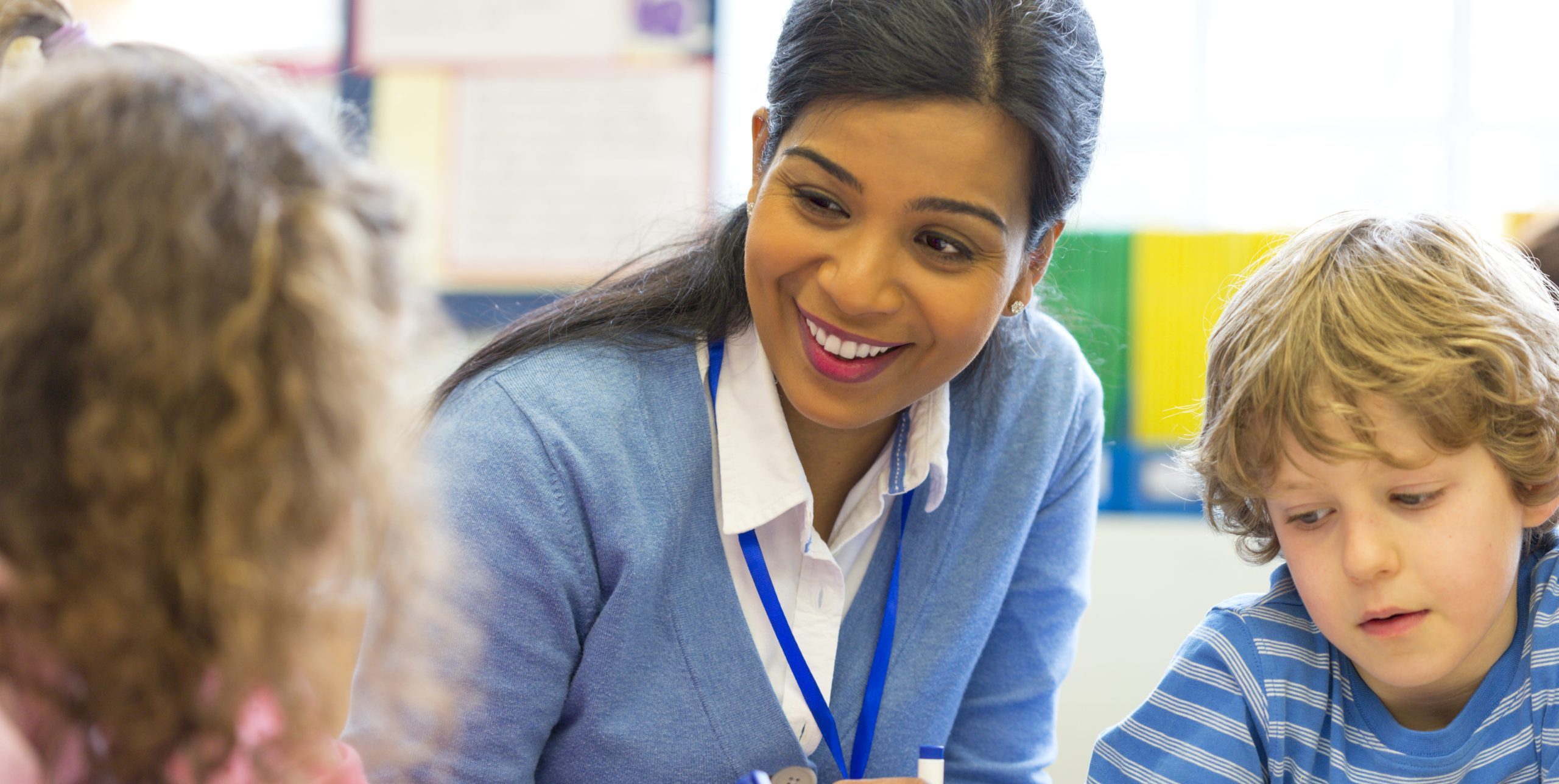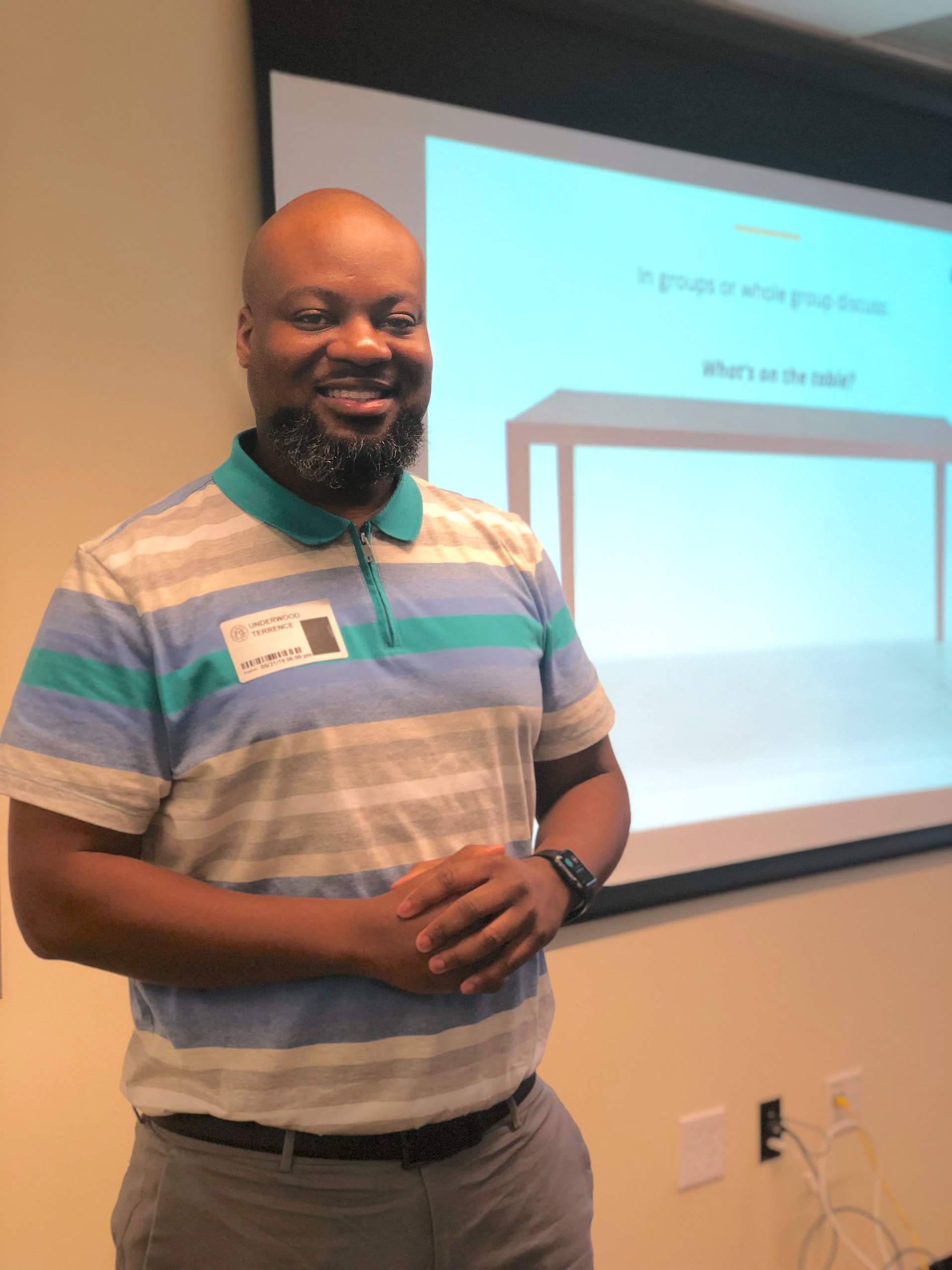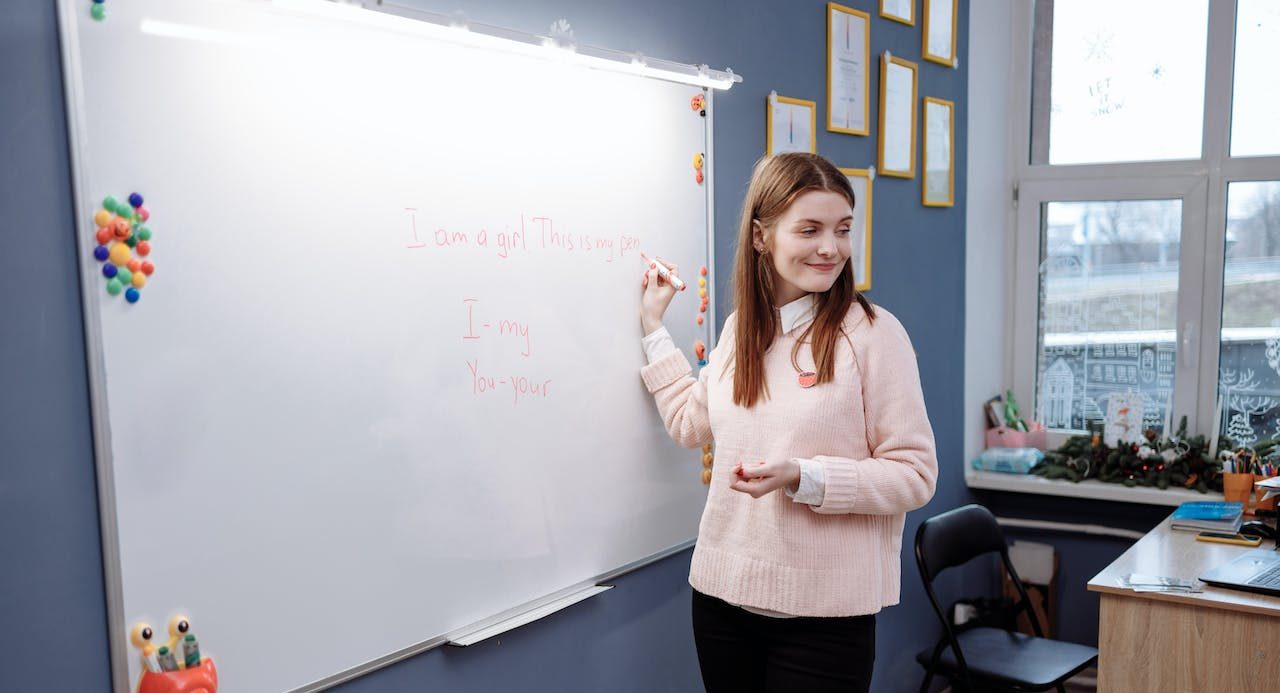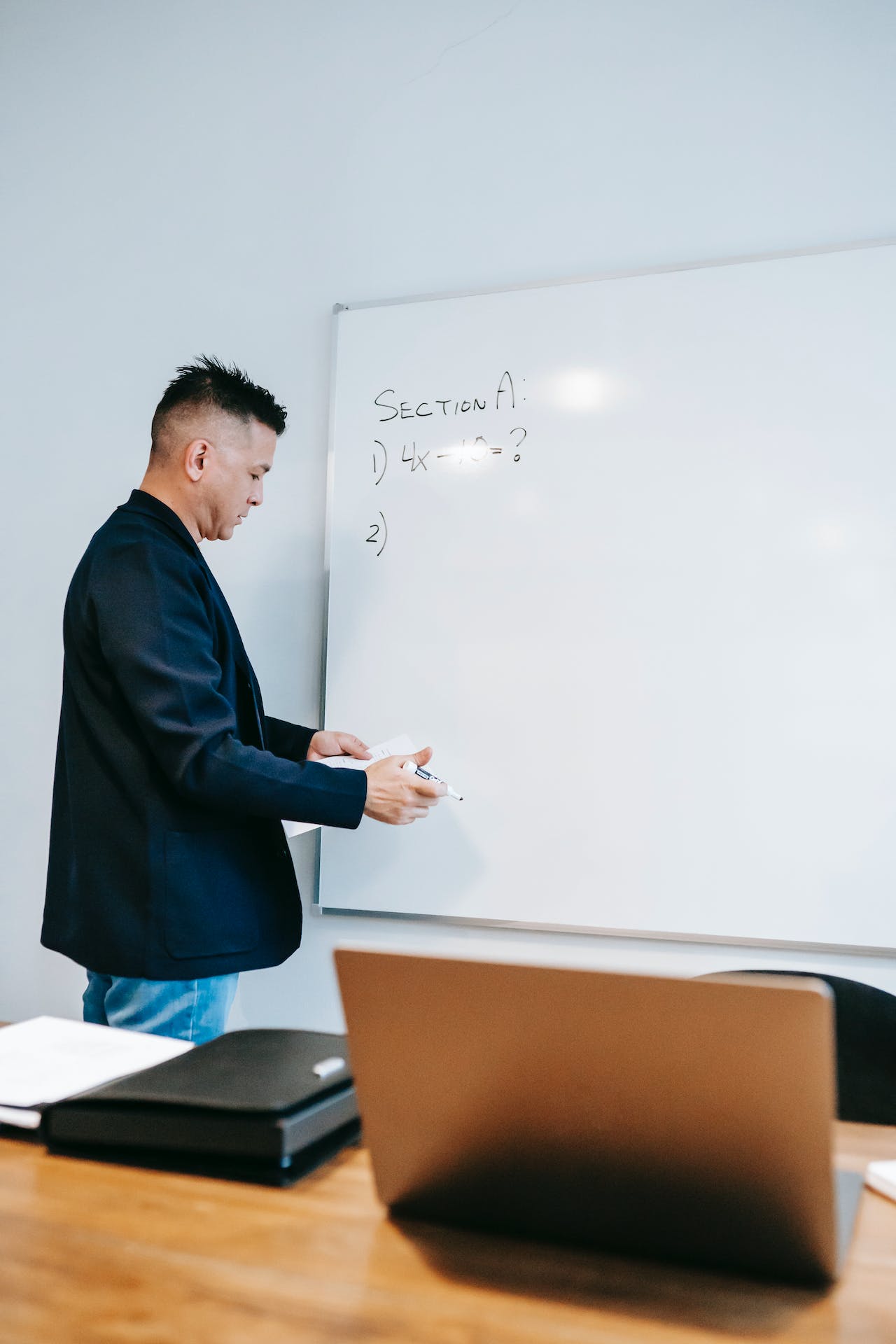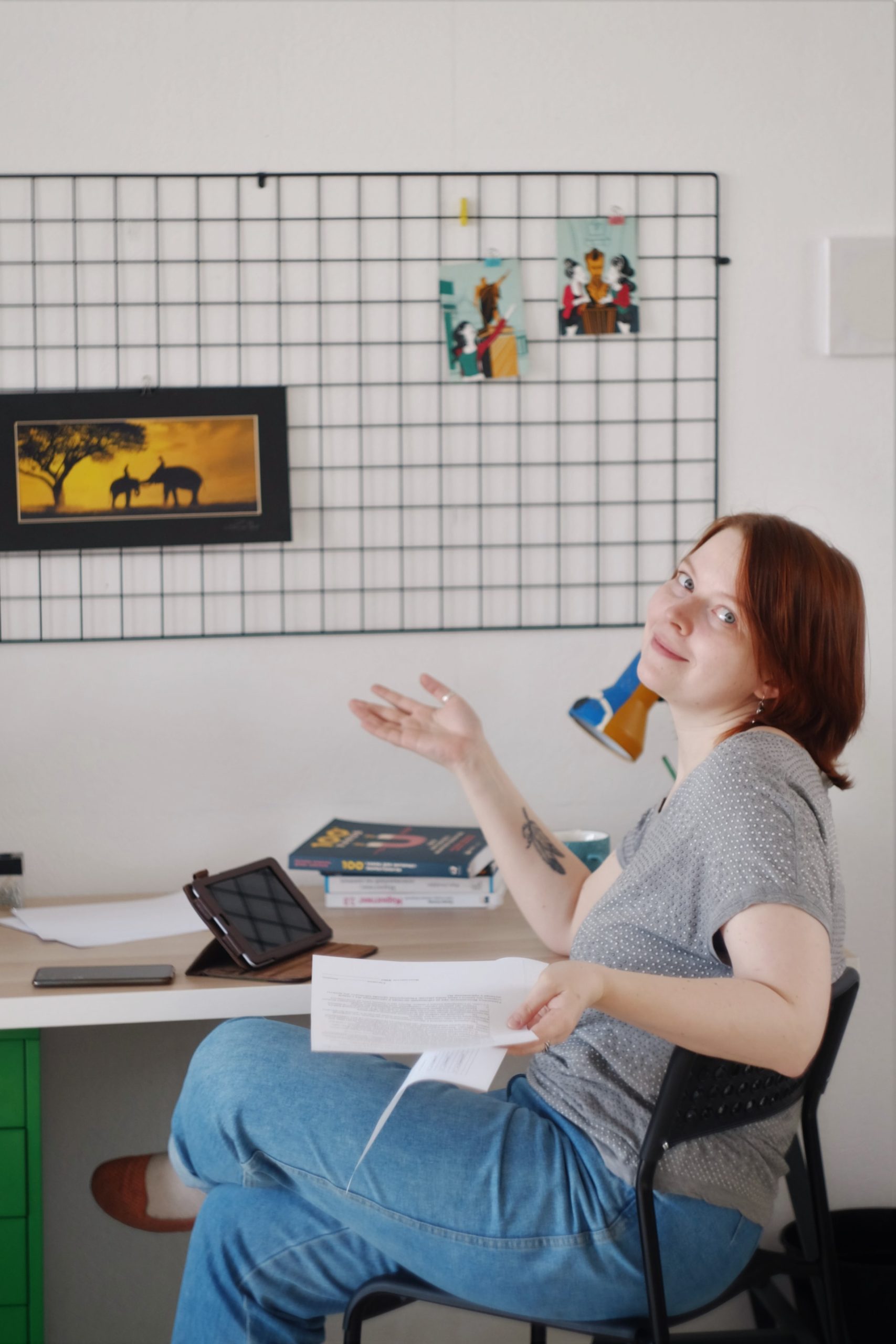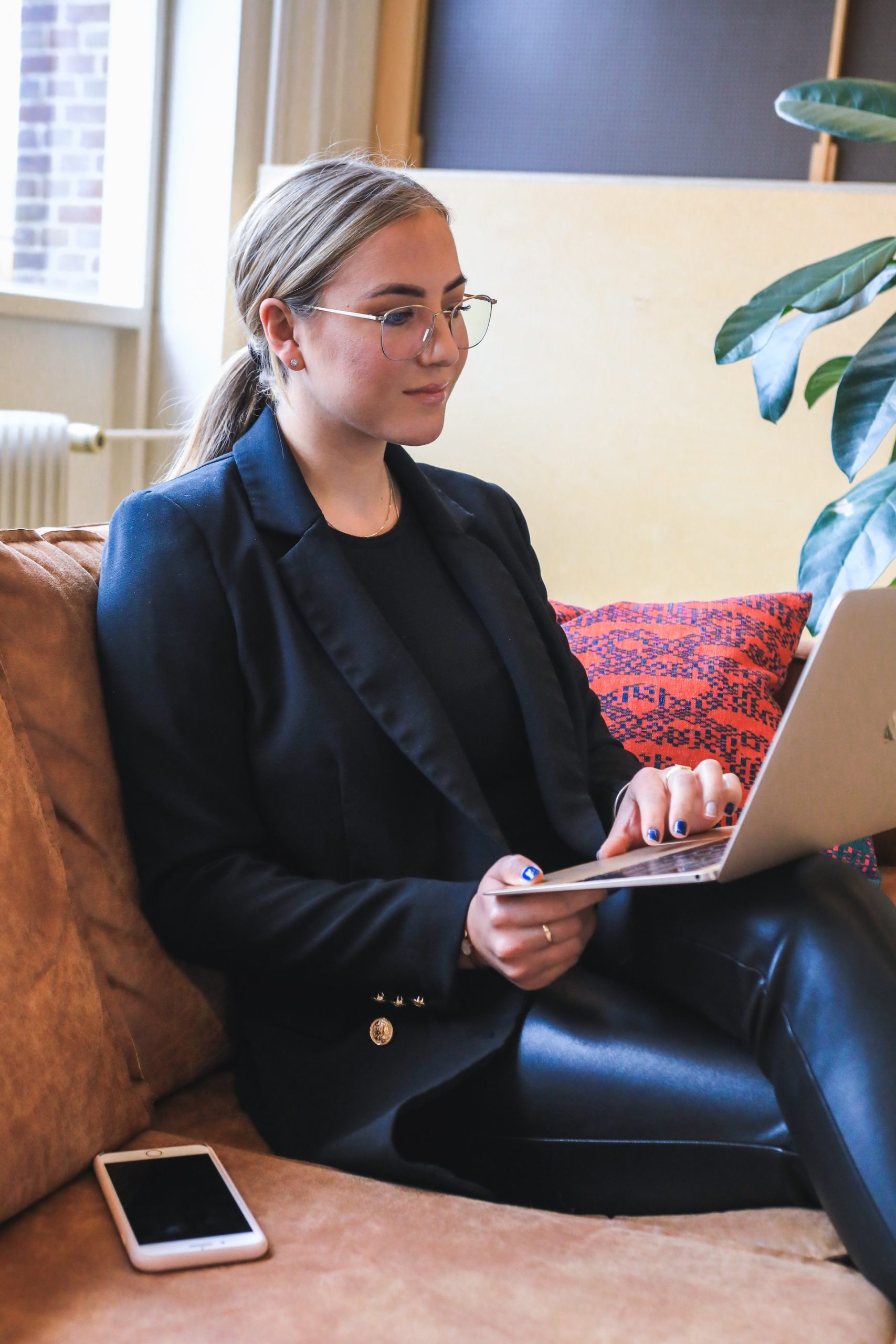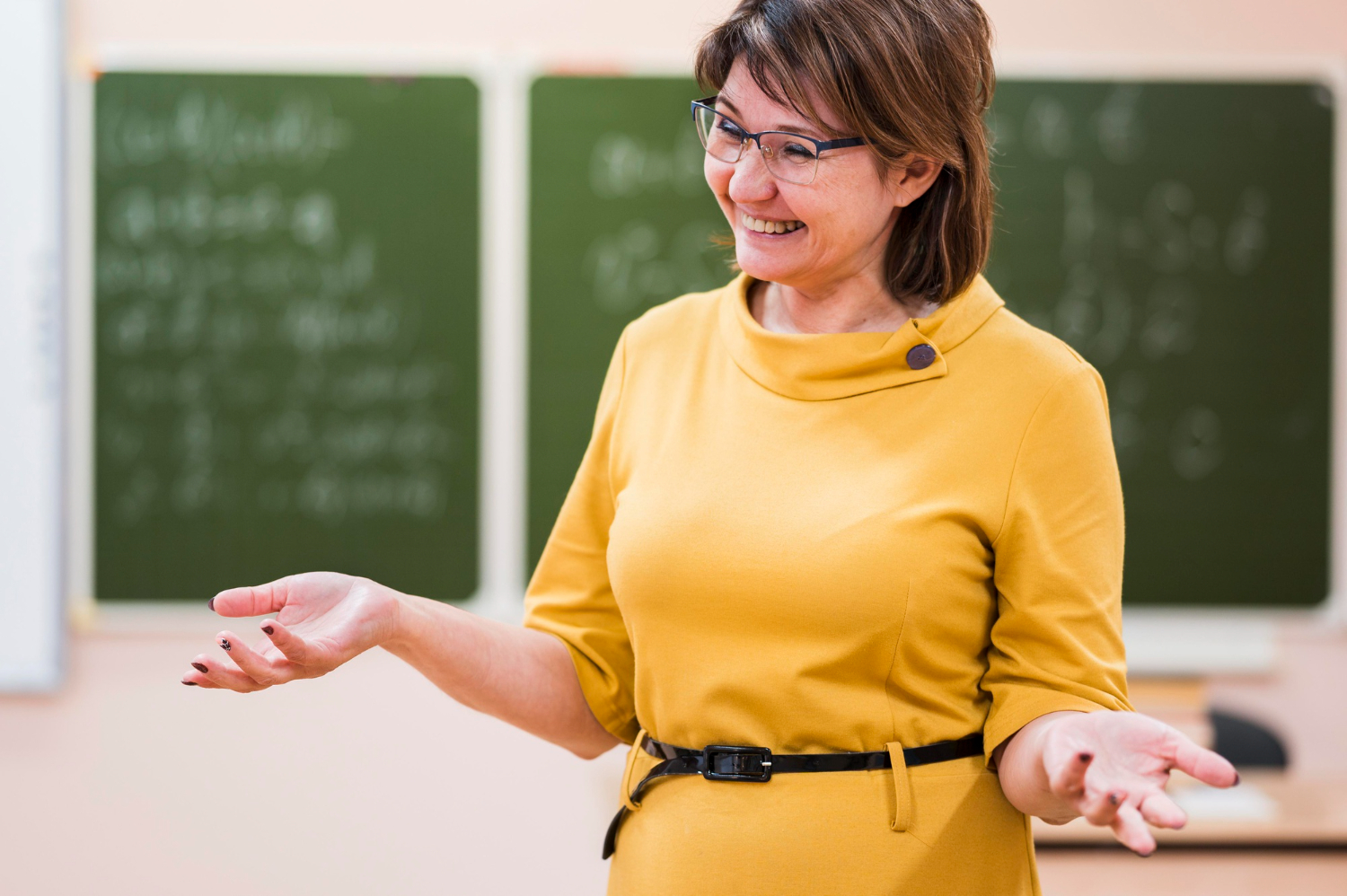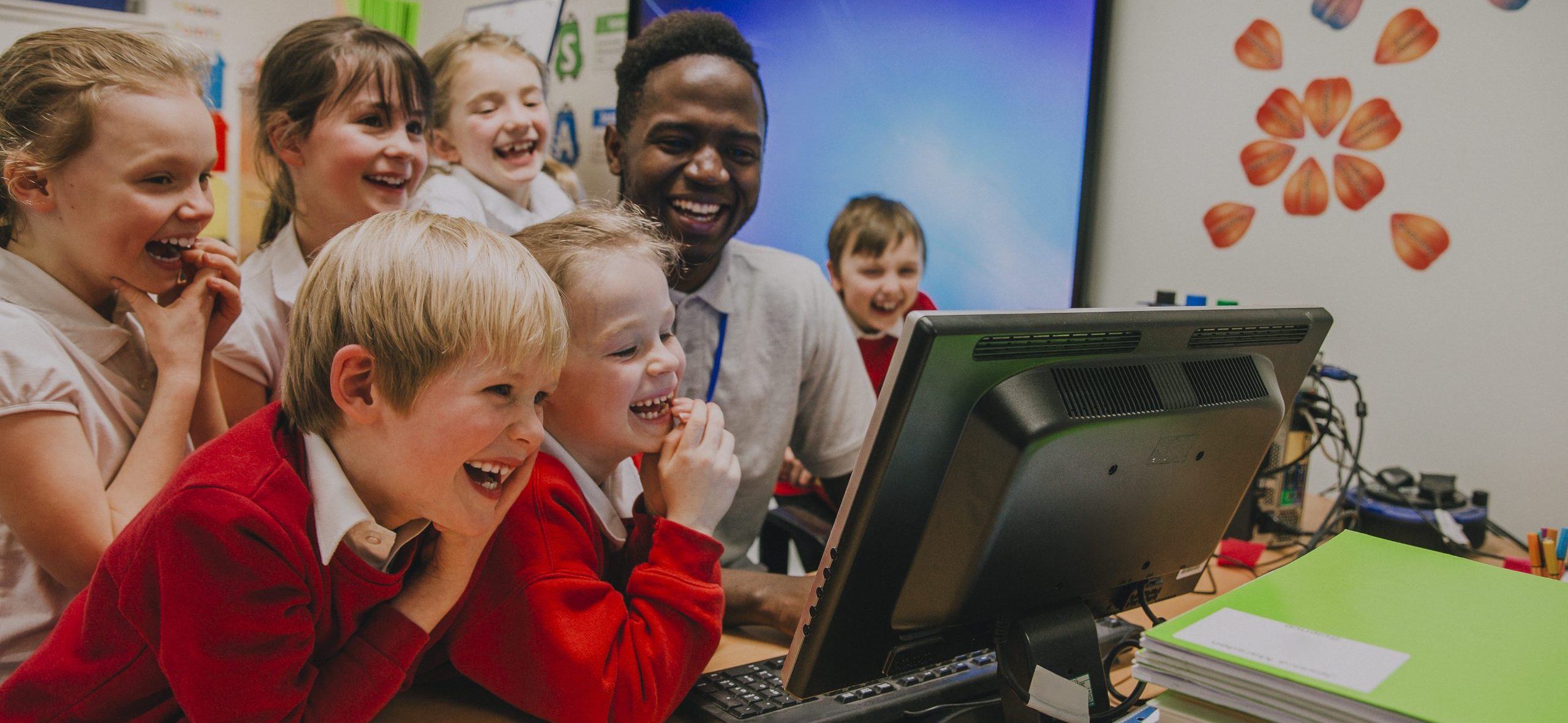One of the best ways to learn whether a primary teaching career is a good choice for you is to hear from someone who has experience. We interviewed John, a primary school teacher in West Yorkshire, who is now in his 27th year in the teaching profession:
Why did you choose to become a primary school teacher?
“When I did my A levels I still didn’t know what to do. At the end of my GCSEs we did work experience and I was put in a nursery. I really enjoyed it, but I thought the children were a bit too young, one and two-year-olds. I thought I might enjoy working with children if they were just a little bit older. That’s what I started looking into primary teaching.”
